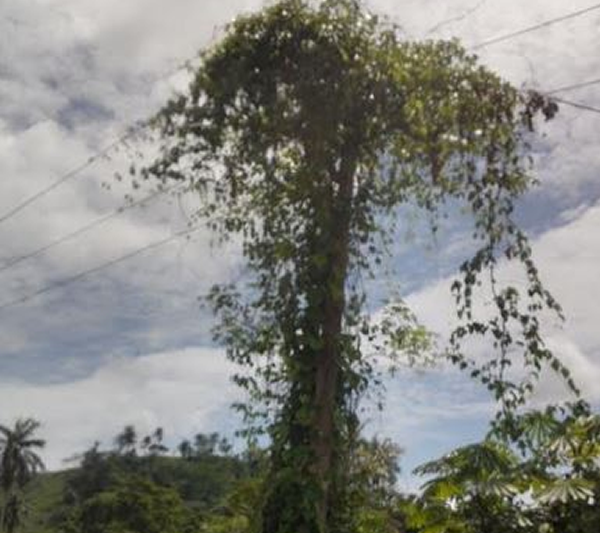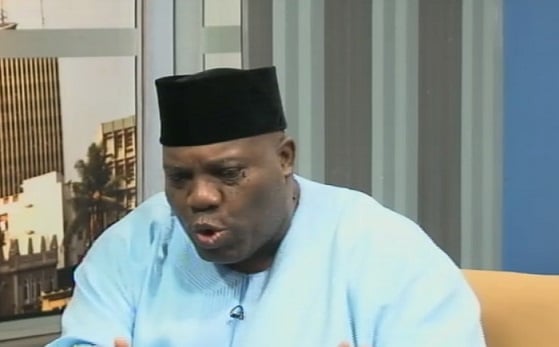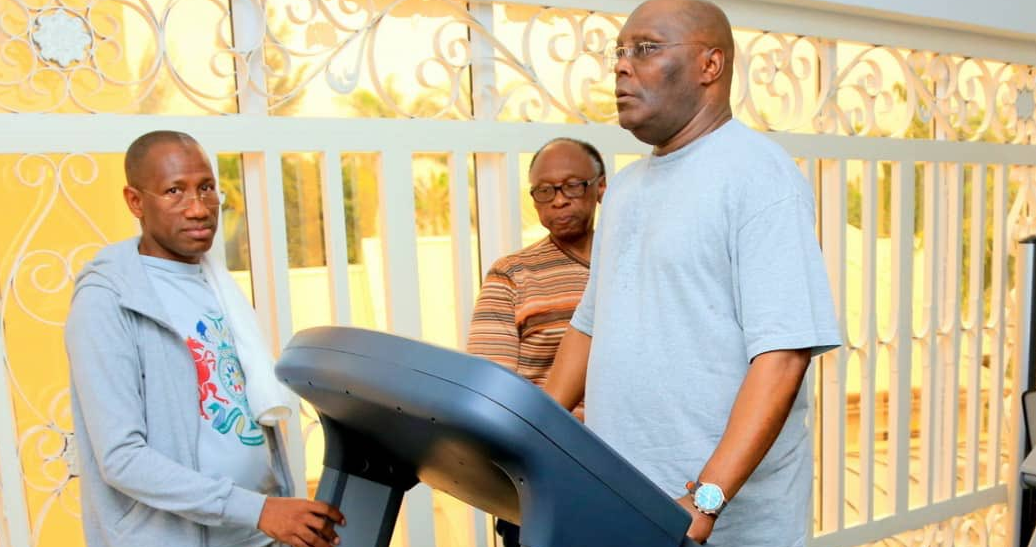NEPA poles or trees
Settlers of Ikot Okpora in Cross River state have turned the national grid’s transmission lines which carry 33,000 volts of electricity into clothesline. ABIOSE ADELAJA ADAMS, finds in this village, as well as in others, that the federal government’s electrification projects that aim to empower rural dwellers are uncompleted and abandoned.
In 2005, the Nigerian Rural Electrification Agency (REA) was set up with the promise of electrifying 1.1 million rural households in 5342 communities. REA fixed five years for achieving this target but two years down the line, the process of planning and executing the projects is fraught with challenges such as lack of transparency, insufficient funding and lack of synergy among stakeholders. The government’s habit of owing contractors, delaying budget implementation, poor monitoring and follow-up, also lead to several such abandoned projects scattered across the state.
ELECTRIC CABLE TURNED CLOTHESLINE
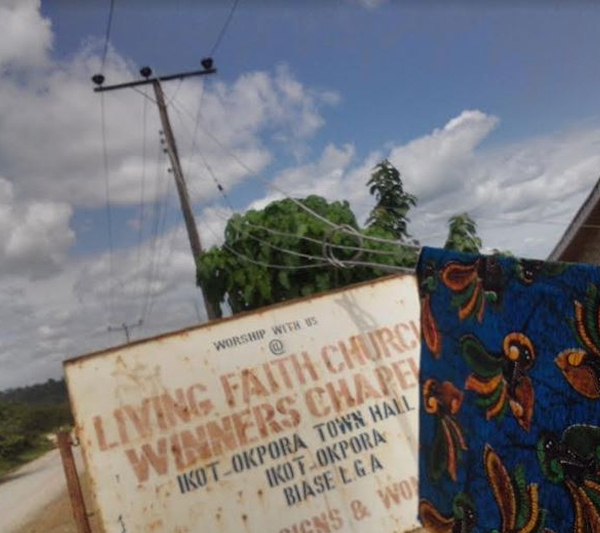
She was not even afraid of possible electrocution. Rather, after washing her dirty linen, Eka Etteh, a thirty-year-old woman spreads them on the transmission line running through houses in Ikot Okpora, a riverine village in Biase local government area, north of the state. This line popularly known as the ‘33’ network carries 33,000 volts of electricity from feeders into homes. The decade-old power outage in this community has stripped the people of fear.
Advertisement
“I can say it is up to eight years since we have had light in this place,” she said when approached. “My husband and his association people have complained to the local government chairman, but all he said is that he was going to look into it.”
A transformer house was spotted right in front of her house. It was covered up with tendrils, thorns and pliant stems of climbing plants, signs of the abandonment of the power situation therein. In some parts of the village, it was difficult to even differentiate between trees and poles as the poles were conveniently wrapped by flower-bearing, creeping plants. There is no stronger evidence of neglect to buttress Etteh’s claim. If electricity were functional, creeping plants will have no business making poles their new-found habitat.
According to the Cross River State Electrification Agency (SEA), this village and the other two visited in this report are part of the 776 communities in the state which are in total darkness. The World Bank links lack of electricity to economic impoverishment, and this, among many other reasons, may not be unconnected to the declining internal generated revenue of this state –a drop which began in 2014 (from N14.8 billion) to 2017 (N9.5 billion).
Advertisement
ILLEGAL CONNECTION IS RIFE
In Ikot Eka Idem, a community with 23 houses of mud and thatch, there is no semblance of electricity as well no poles or transmission lines. Yet this community in Akpabuyo local government area, southern senatorial district of the state, was listed in the 2016 budget as one of those earmarked for electrification. The project whose number is NREA0101121112 is described thus: ‘Electrification of Ikot Effio and Ikot Eka Idem villages in Akpabuyo local government area with a sum of N20 million.’
At the time of this report, which is two years after, the promise is yet to be fulfilled. This project was not listed among ongoing projects on the website of REA. Residents told TheCable same story of desertion. “Please help us tell government to remember us,” an elderly man who identified himself as Pa Mbai, said.
“They come here and promise, but we never do anything.” According to him, most of the people in the village live in the city-centre. They just come build house here, but they come home once a year for Christmas or New Year.”
Advertisement
While walking the length and breadth of the small community, this reporter observed that some creative youths have been able to tap electricity into the village from a nearby settlement. With a perfect mimicry of the national grid pattern, they joined aluminium conductors to trees- such as palm kernel, coconut or banana trees- and then connect the wires carrying electricity from the trees (serving as poles) into the homes.
Clearly spotted at the connection points were cut-outs of rubber slippers used as insulators. Mbai said all that connection was working until one night when a storm knocked it out. The village is back in darkness.
‘CHASED’ FROM THEIR HOMES
At Ikot Effio, another small village of at least 14 houses, there were 26 new electric poles but no cable or transformer was seen.
Advertisement
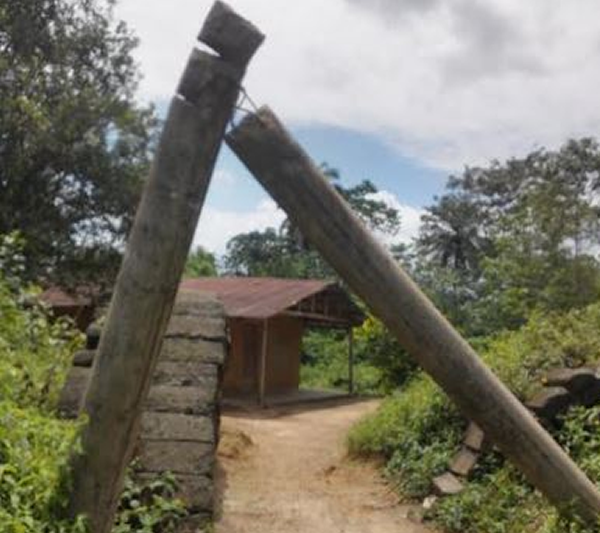
Akpan, a commercial motorcyclist, who lives in one of the houses, said some government officials came into the town around December 2017 but that did not transform into anything meaningful.
“They just came in here to plant poles as if they are planting trees. Since then they didn’t come again.” Since the abandonment, the villagers have helped themselves to illegal connection, similar to that of the sister community.
Advertisement
“We tap current from the junction,” Akpan, said.
Although the inhabitants are mainly farmers and had gone about their business at the time of visit, Akpan speaking the minds of several of them, said “We need light for many things, charge phone and to do business, but if there is no light, people will go to Calabar to find job.”
Advertisement
He said, almost everyone in the village has migrated to Calabar in search of a better life.
INSUFFICIENT FUNDING
Advertisement
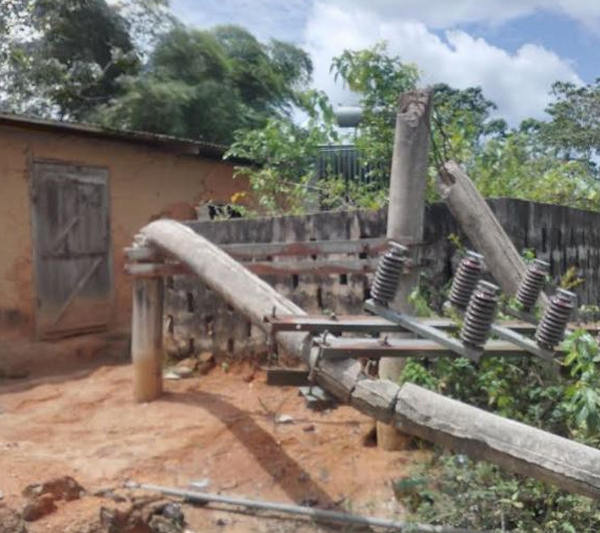
When approached for answers to these questions, the project manager of the NREA in Cross River, Peter Okopi, said: “It is the house of representative members that plan the projects for their constituency. And they do so without even quantifying it. For instance if a project that will bring light will cost N100 million, they will just put N40 million there without consulting us (the engineers). As a government official, you have to ensure that the budget document is executed because you are a servant, so you go to the field and put what N40 million can do there.
“Sometimes they will budget N50 million, but they will release N20 million, and when they do, we have to pay salaries first. When they are planning a project, a lot of times they do not consider the road network to the place.”
Okopi doesn’t have answer to the question if N20 million was enough to electrify a community of about 40 houses, connecting them to the national grid.
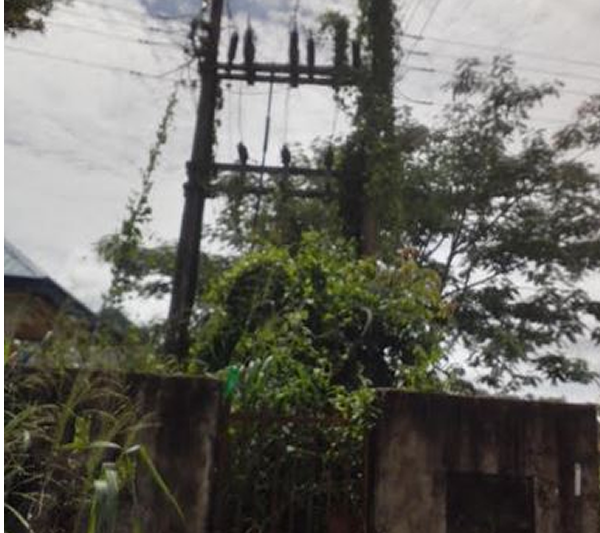
Although NREA stated on its website that it collaborates with the DisCos in electrifying the communities, this wasn’t found to be true in Cross River. Okopi lamented that most of the REA-funded transformers placed in communities don’t achieve their aim.
“We have placed several transformers in the communities. Our job is to place them, and the Port Harcourt Electricity Distribution Company (PHED), have a role to energize them. But they will not. They say they don’t have enough power to energize. But if you bribe them, they will. They are a bunch of business-minded people.”
Linus Etalong Adie, director of administration of the agency, also complained about lack of consultation.
“We don’t have an idea of the project they (REA) are funding because we don’t come to them, but they are supposed to come to us because the project they are executing is in our state.”
When asked about their intervention in the communities visited, Adie said, “We are not responsible for providing light to these communities. Since the federal government started the privatization, and PHED was created, they took away our responsibility.”
However, on a more subtle note, Jake Enyia, director general, said he is aware there are many such communities in Cross River state but if not for his agency’s intervention, the whole state would have been in complete darkness.
“If we rely on what the federal government is doing in terms of privatization, you would have definitely met darkness in this state. Leaving power supply totally in the hands of limited liability companies that have nothing to do, but profit-making, will not be in the benefit of our people that is why this agency is still surviving.”
MORE ABANDONED PROJECTS
Okopi told this reporter of the abandoned hydro power project at Ajassor, a waterfall in Etung local government area in the central senatorial district of the state. The idea is to harness the energy from the waterfall to create a hydro power dam for electrification. As listed in the 2016, it was for the generation of a 251.6KW small hydro power project budgeted at N60.8 million.
“The cost of transporting power to the place alone was N55 million. We are not even talking of constructing dams to the end user, nor the cost of cables, conductors, and so on. Yet a sum of N60 million was put in the budget. There is a proposal now to return the project to the office. There are so many projects that can’t be completed because the money is too small.”
REA listed this project on its website, however the contractor was not named and the real time cost was omitted.
What was seen is the date of commencement of the project which was 22nd of November, 2016. It is not completed yet, and it is not in 2017 budget. Is the project thus abandoned after N55 million has supposedly gone down the drain?
Owing contractors is also a major setback in the way of successful execution of rural electrification projects.
